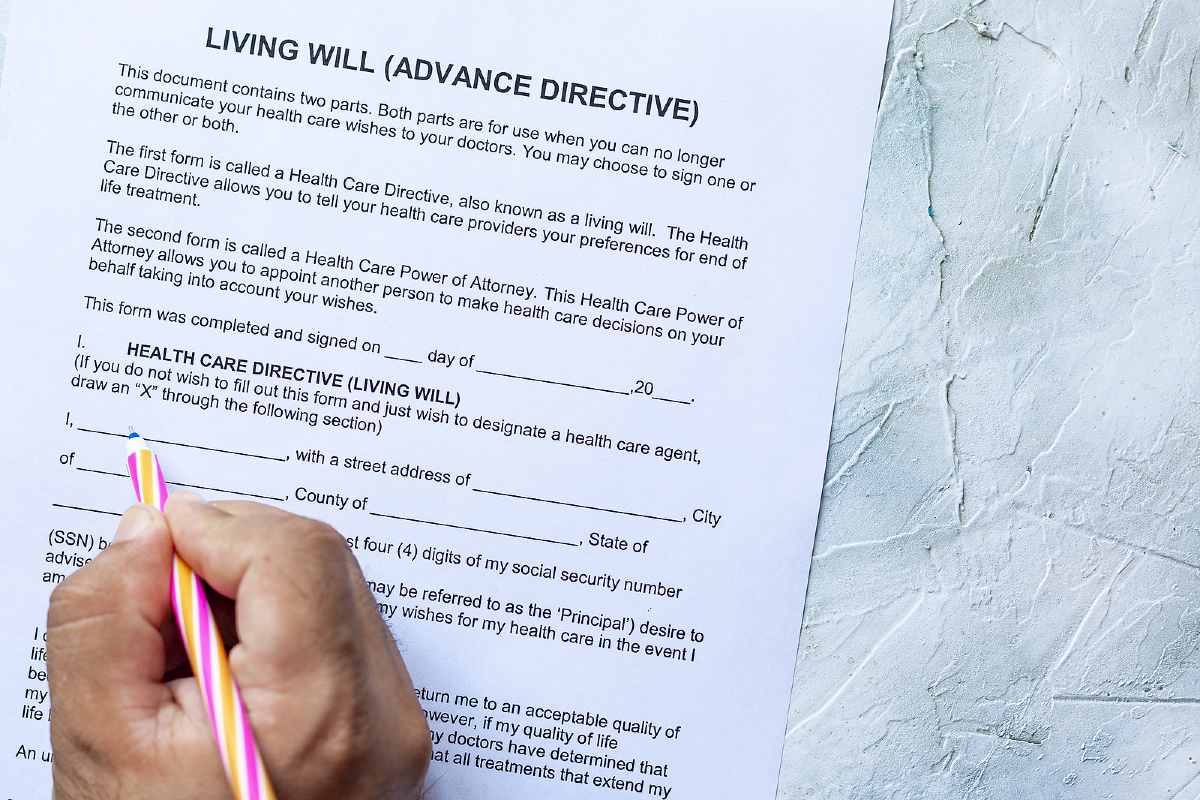
Another solution for dementia: ‘advance directive implants’
Modelled on Norplant contraceptive implants
No doubt you have heard of “advance directives” – guidelines for carers, guardians or doctors on what do to in the event that you are not competent to instruct them. Right-to-die associations often promote them as a way of avoiding life with dementia.
But what if the people with the power to “pull the plug” refuse? Advance directives are not legally enforceable in most jurisdictions.
Two bioethicists, Margaret Battin and Brent M. Kious, writing in The Hastings Center Report, one of the leading bioethics journals, have proposed a solution: an implant which automatically triggers a lethal drug at the onset of dementia. Of course, an “advance directive implant” is merely hypothetical, but there is a precedent – Norplant, an implantable contraceptive. An ADI would be reversible and programmable and would cause death instantaneously. It would probably be implanted at the onset of dementia and programmed to activate according to the prognosis for the disease.
The authors acknowledge that the pre-publication responses to their idea included “Yuk”, “Gross”, and “that causes me fear, disgust”. But the “yuck factor” works both ways, they contend – just look at a patient with Alzheimer’s. Or read, they suggest, Philip Larkin’s gut-wrenching poem, “Heads in the Women’s Ward”.
“For some, a life that ends in profound dementia is perhaps the worst fate one can realistically foresee. Even if our laws were liberalized dramatically to allow MAID by advance directive during dementia, applying those laws would remain controversial and would continue to impose great burdens on those left behind—on family members, friends, nurses, and, perhaps most acutely, on physicians called upon to act,” they contend. “The development of means to enable persons in the early stages of dementia to choose, while competent, the timing of their own deaths without the subsequent intervention of anyone else would go a long way to ameliorating this situation: they can get the better parts of dementia if they wish but avoid the worse parts they reasonably fear.”
In fact, they conclude, “Perhaps the greatest advantage of ADIs is that they would reduce the distress that living and dying with dementia imposes on others.”
Michael Cook is editor of BioEdge
Creative commons
https://www.bioedge.org/images/2008images/Living-Will-Advance-Di-315615475.jpeg
advance directives
